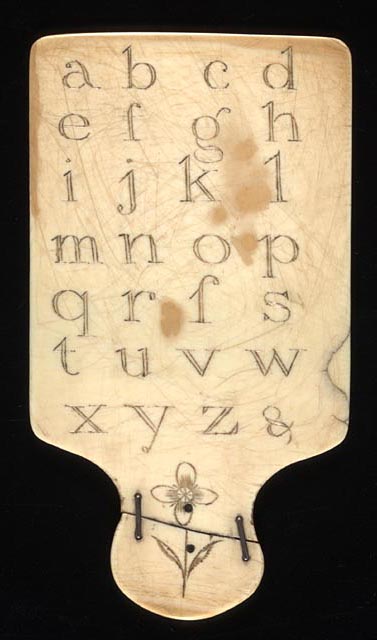
Links
AML2410 Index
AML2410 Syllabus
AML2410 Schedule
AML2410 Assignments
AML2410 Gradebook
AML2410 Blog
AML2410 Wiki
AML2410 Helps
AML 2410
Fall 2006
Issues in American Literature and Culture:
American Children's Popular Culture in Literature, Film and Media
Reading Questions
Spigel, Lynn. "Seducing the Innocent: Childhood and Television in Postwar America."
The Children's Culture Reader. Jenkins, Henry. Ed. New York: New York UP, 1998.-What do you remember of the Pee-wee Herman scandal? The article doesn't address this, but what channel is Pee-wee's Playhouse currently airing?
-How does the constructed child relate to the domestic mother and separately the domestic father in terms of power?
-What type of knowledge must the young be protected from? Do you agree or disagree?
-Why are adults wary of mass media viewing for children?
-What was juvenile delinquency primarily blamed on in the 40s/50s?
-What are the benefits of TV that are discussed?
-What are the negative effects of TV discussed in the article?
-What is a primary fear of critics of TV?
-How could parents "protect their young" from "television's undesirable elements" (120)?
-What should fun on TV promote?
-What is "the paradox at the heart of televisions attempt to make distinctions between adults' and children's narrative pleasures"? How does this paradox effect TV shows?
(paradox = a statement or proposition that seems self-contradictory or absurd but in reality expresses a possible truth according to Webster's)-What does the specific shows of children's entertainment described in "The Children's Hour" do with the adult/child divide?
-Are children viewed as consumers? How is this illustrated in TV programs? In advertisements?
-Why was the Mickey Mouse club a success?
-What are some of the continued debates in the 50s-70s about TV and youth/children?